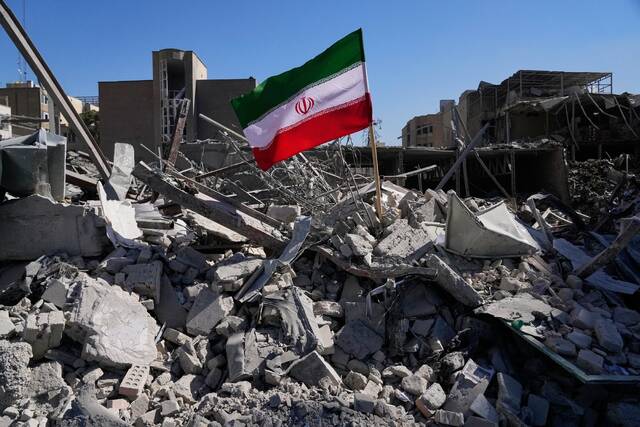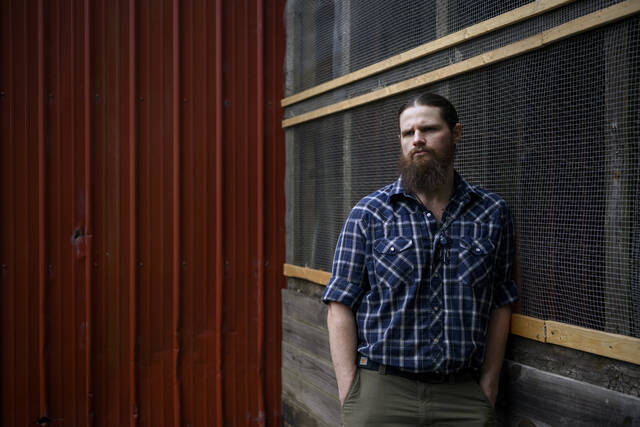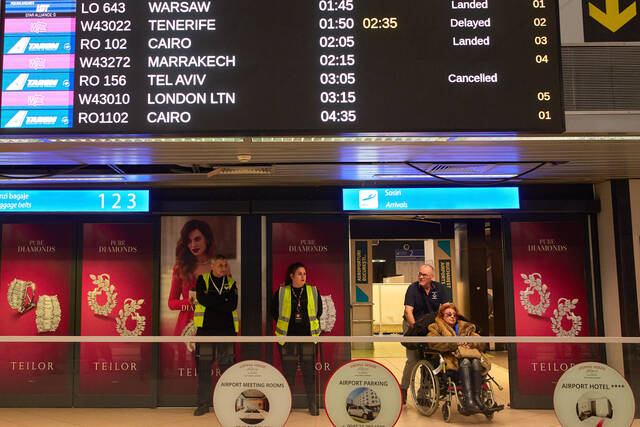PORTLAND, Ore. — Intense. Prolonged. Record-breaking. Unprecedented. Abnormal. Dangerous.
That’s how the National Weather Service described the historic heat wave that is hitting the Pacific Northwest, pushing daytime temperatures into the triple digits and breaking all-time high temperature records in places where many residents don’t have air conditioning.
Sunday’s forecasted temperature in Portland, Ore., — 112 degrees — would break the all-time temperature record of 108 degrees, set just a day earlier. The forecast calls for another 112-degree day on Monday.
Dangerous heatwave raging along the western side of North America will intensify over the coming days.
— Scott Duncan (@ScottDuncanWX) June 27, 2021
The hottest part of the year in US Pacific Northwest & BC Canada is usually not until late July. We are seeing all-time records fall and it is only June.
Absolutely brutal. pic.twitter.com/33pO7eeBrT
The temperature was expected to rise to an all-time record of 104 at the Seattle-Tacoma International Airport on Sunday and surpass that to reach a blistering 111 on Monday, as the excessive heat warning continues for the region.
The heat wave also moved into Idaho, where temperatures above 100 are forecast in Boise for at least seven days starting Monday. Ontario, Ore., — a city near the Idaho border — could see at least a week of triple-digit temperatures, including a high of 109 on Wednesday, forecasters said.
Cities were reminding residents where pools, splash pads and cooling centers were available and urging people to stay hydrated, check on their neighbors and avoid strenuous activities.
Still, about 3,000 athletes were scheduled to participate in an Ironman Triathlon in Coeur d’Alene, Idaho, on Sunday. The race start was moved up to 5 a.m. The event includes a 2.4-mile swim, a 112-mile bike ride and a 26.2-mile marathon run.
Temperatures in the Northwest have already soared to levels never been experienced in recorded history in this part of the United States -- and AccuWeather meteorologists say the summer sizzle hasn't even reached its peak: https://t.co/EyJvyoI4wW pic.twitter.com/vDgFdwuQ9X
— AccuWeather (@breakingweather) June 27, 2021
Race organizers said they had 62,000 pounds of ice at hydration stations, misting stations and chilled towels to hand out to athletes, KHQ-TV reported.
The Coeur d’Alene Fire Department brought in extra firefighters and paramedics because they usually see extra dehydration calls during the event. Rather than a crew of 17 firefighters, they will have a crew of 60 on Sunday, KREM-TV reported.
Ironman medical tent coordinator Stan Foster said 525 people were in the medical tent during the 2015 Ironman, when temperatures also rose into the 100s. Five people went to the hospital, he told KREM-TV.
“The biggest thing that we tell people is, No. 1, don’t try to set a record on your race. Go slow. Enjoy your day. It’s going to be hot,” he said. “And then don’t just drink water. You have to eat, and you have to replace your electrolytes. If you just drink water, you’re going to end up here at the hospital, and you’re going to be really, really sick.”
5 AM temperatures. In some cases not that far off the average high for the day. Average highs inland are in the upper 70s and mid 60s for the coast. #WAwx #ORwx pic.twitter.com/jVBI2ABW1v
— NWS Portland (@NWSPortland) June 27, 2021
The National Weather Service in Coeur d’Alene said this week’s weather “will likely be one of the most extreme and prolonged heat waves in the recorded history of the Inland Northwest. Unprecedented heat will not only threaten the health of residents in the Inland Northwest but will make our region increasingly vulnerable to wildfires and intensify the impacts of our ongoing drought.”
The high temperatures were forecast to move into western Montana beginning Monday.
















